Beating the winter blues

Boost your physical & mental health this winter.
Whilst the sunshine is starting to get up a little earlier each day, January still feels like a long month. There are approximately 8 hours of sunlight. So, what are the effects that these darker and colder days have on our mental health and skin?
Dr Spiezia said, “The use of central heating can dry skin out, and the lower Vitamin D levels mean our bodies don’t absorb the nutrients we give them quite so well. This can cause the perfect storm for the skin.”
Changing up your skincare routine for the different seasons can help give even itchy, winter skin a glow. Moisturising during the winter helps skin to stay fresh and hydrated. We recommend the deep moisture balm. With the oleic acid in, nurturing macadamia nut oil, skin cells are given a repairing boost and feel soft to the touch. The vitamin range in carrot, plantain and calendula oils stimulates Vitamin D absorption – something those of us in the northern hemisphere all suffer from over the winter months.
To give your body some needed TLC, our indulgent and warming body butter laden with restorative oils, will help combat the impacts of the elements, and keep your winter skin moisturised and glowing.
How can we boost mental health over winter?
Sea swimming became something of a regular for many living in coastal areas, particularly during periods of national lockdown. In fact Christmas and new year swims have increased in popularity so much that there are often as many people in the sea as on the beach at this time.
Our coastal lab & head quarters sit near some of the purest water in the UK, and many groups of swimmers take to the water throughout the whole year. So, what is all the fuss about? Is sea swimming really good for skincare and mental health?
Doctor Chris Tulleken from University College London, Dr Heather Massey and Professor Mike Tipton (both from University of Portsmouth) conducted a study into the effectiveness of cold water swimming in combatting depression and low mood. Immersion in colder water can provide an amazing sense of wellbeing. There is plenty of anecdotal evidence to support this too.
What is cold water swimming?
Cold water swimming includes the sea, rivers, lakes and quarries as well as tidal pools. People living inland may still find lakes, rivers and quarries to explore the benefits in. These can often be even colder than the sea, depending on their altitude. 65% of sea swimmers say it improves their mental health.*
Immersing the body in cold water is long revered by ‘The Ice Man’ Wim Hof, who believes the strength training is mind over matter. “When you have overcome your fear, your willpower will automatically increase. Swimming in open water gives you a tremendous feeling of freedom”, he says.
We look at some scientific reasons that this new and free phenomenon is so widely subscribed to.
Cold water immersion stimulates lymphatic drainage. In fact, even on days when the conditions feel less than perfect, wave jumping for the courageous, paddling, and even simply walking can help kickstart this system. The water has a natural resistance. So, when our limbs are in the water, tissues and pressure build up and encourage blood and lymph flow.
Boosting dopamine levels. Like all exercises, the system produces dopamine when stimulated. Added to this mood lifting effect of Vitamin D by being outside, the body starts to feel good inside and out.
Beating the winter blues
Community and connection. Loneliness and isolation won’t help to go through the winter months. Join others and build community connections.
Blue and Green spaces as therapy. Dr Spiezia advocates that living near and/or maintaining regular contact with nature is beneficial for a range of health and well-being outcomes. Blue and green spaces offer calm and natural combat to our busy lives and can help increase mindfulness and reduce low mood.
There's a growing body of research that confirms this.
Right here, right now: the mindful effect. Mindfulness is not just a buzzword! Keeping us in the present moment can help to take our minds off other pressures. Depression, anxiety, PTSD and other mental health conditions can all be improved by focusing on the present.
There is beauty around and within if you look carefully.

Safety
Whenever you decide to start a new routine, it can be advisable to check with your GP first. There are some other safety considerations to this activity.
Swimming outdoors can mean overcoming different conditions. Therefore is crucial to undertake a risk assessment before going in. There is a significant risk of aftershock in the winter and it is always a good idea to swim with someone else.
Here's to beating the winter blues, together.
* https://outdoorswimmer.com/news/coming-soon-trends-in-outdoor-swimming-2022/ Attitudes to Outdoor Swimming survey

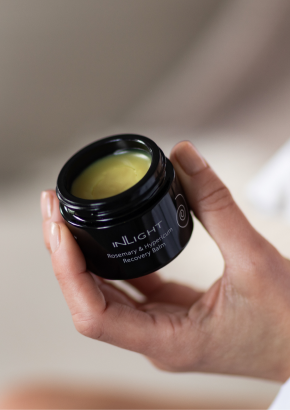
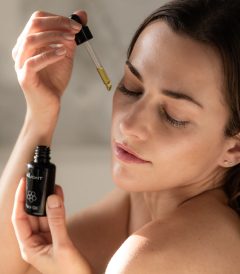

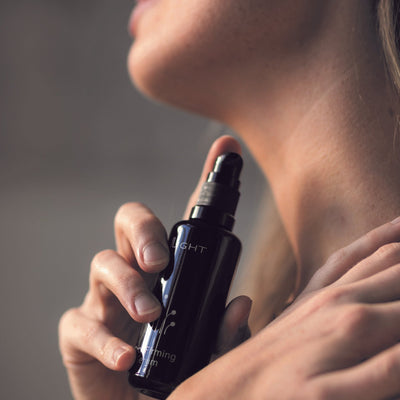
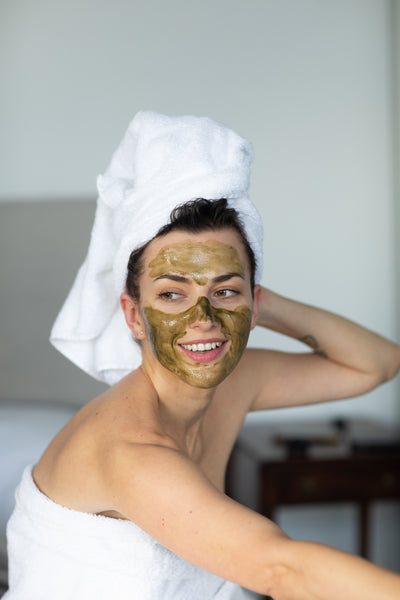
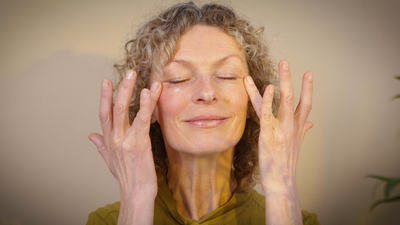
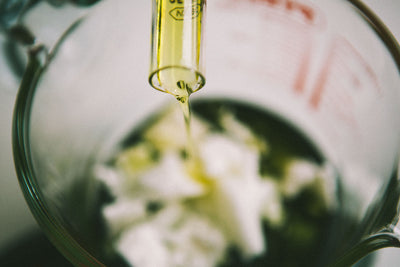




.png?v=1709810838241)

.png?v=1709810636380)













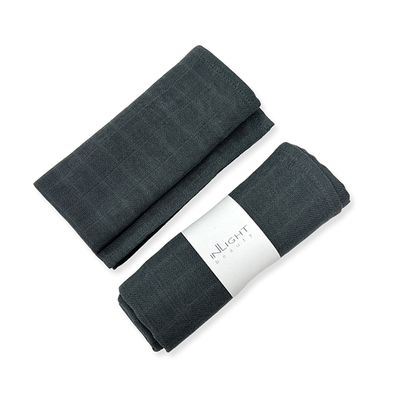
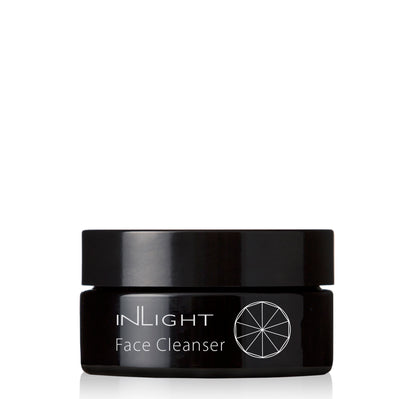


.png?v=1709810460212)









